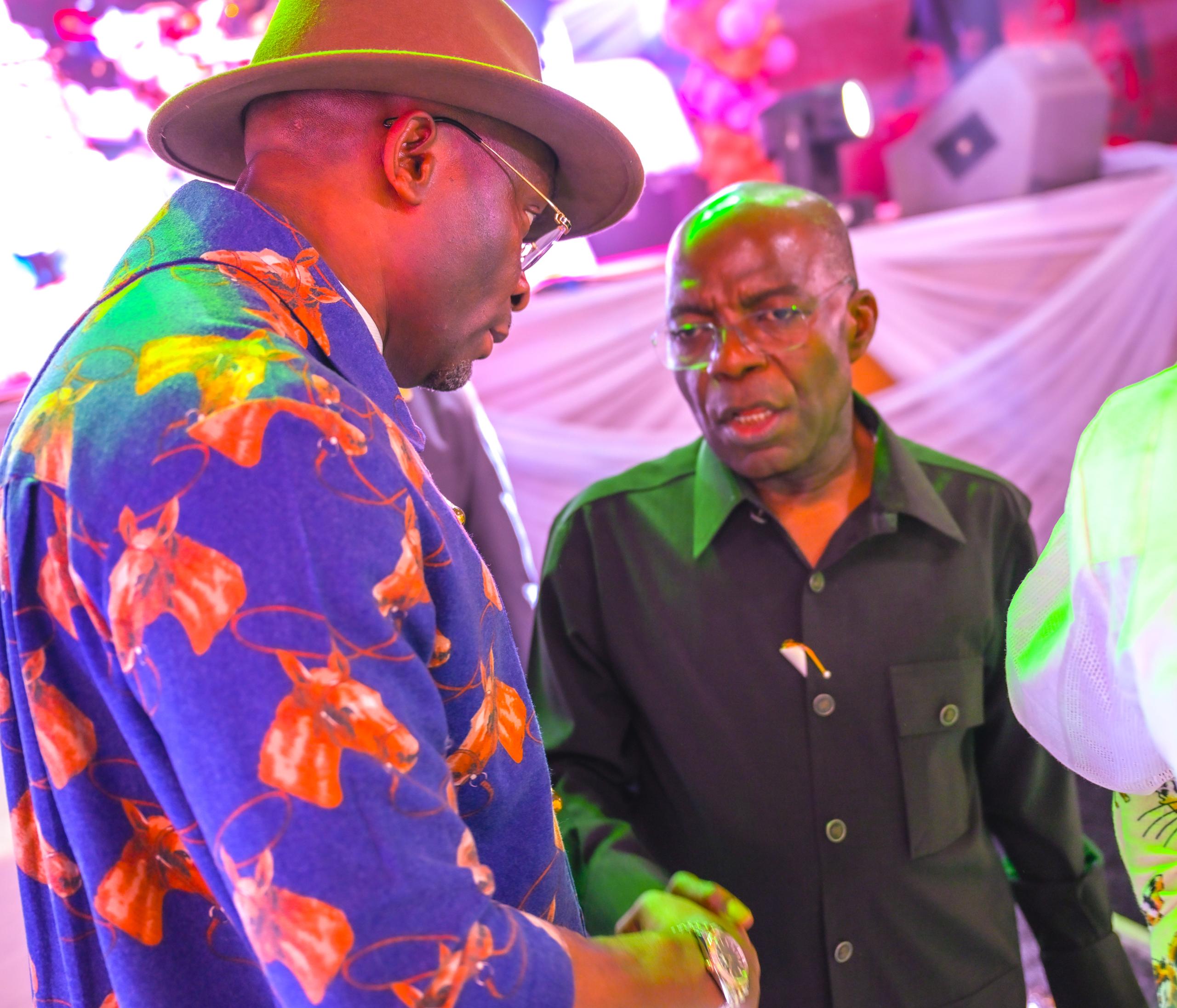…seeks gender parity in varsity admission
The Deputy Speaker of the House of Representatives, Hon. Benjamin Kalu, has commended President Bola Ahmed Tinubu’s administration for its commitment to education, citing the Student Loans (Access to Higher Education) Act as a significant milestone, along with the N2.52 trillion budgetary allocation in the 2025 Appropriations Act.
Delivering a lecture at the 37th convocation ceremony and 50th anniversary of the University of Calabar, Cross River State, titled “Our Gown in Town and in Cyberspace: Sustainable and Human-Centered Education, the Mandate of Our Universities, 2025-2075,” the Deputy Speaker emphasized the importance of education in achieving President Tinubu’s Renewed Hope Agenda. He stated that the agenda aims to drive economic growth, infrastructure development, healthcare, agriculture, and digital innovation.
He said:
“President Tinubu’s Renewed Hope Agenda envisions a future driven by economic growth, infrastructure, healthcare, agriculture, and digital innovation. As the President aptly stated, ‘Education is that light at the end of the tunnel; no matter how sluggish you move, it will give you the light and the hope.’ I couldn’t agree more. Education is the great equalizer—the bridge between potential and progress—yet financial barriers have long kept many talented Nigerians from reaching it.
ALSO READ: Tinubu to declare open maiden international civil cervice conference in June
“On April 3, 2024, President Tinubu signed the Student Loans (Access to Higher Education) Act, a transformative policy designed to remove economic obstacles. This Act provides interest-free loans, repayable only after employment, with special provisions for the disadvantaged, ensuring that every capable student has a fair chance to succeed.”
Kalu also highlighted the Nigerian Education Loan Fund (NELFUND) as a success story, noting that it disbursed ₦23 billion in loans to 94,000 students in 2023.
The Deputy Speaker pointed out that the federal budget allocated N1.54 trillion to education in 2024, surpassing the N1.08 trillion allocated in 2023. He added that the recently passed 2025 federal budget allocated N2.52 trillion to education, representing a 133.33% increase in educational investments.
“Consider the remarkable progress made by the Nigerian Education Loan Fund (NELFUND), which disbursed N23 billion in loans to 94,000 students in 2023. This milestone has not only improved access to education but also reaffirmed our commitment to empowering our youth.
“As new development commissions prepare their budgets, prioritizing education must be at the forefront. We must finance short, impactful programs in carpentry, plumbing, electrical engineering, and other trades to address the glaring gap in local expertise. By doing so, we create a workforce capable of transforming our towns and propelling Nigeria toward global competitiveness.
“Distinguished guests, here are the facts: In 2024, the federal budget allocated N1.54 trillion to education, exceeding the N1.08 trillion allocated in 2023. In the recently passed and signed 2025 federal budget, N2.52 trillion has been allocated to education—a 133.33% increase in educational investments.”
The Deputy Speaker also emphasized the need for sustainable educational financing, particularly in light of the removal of external funding sources like the United States Agency for International Development (USAID), which previously supported education initiatives in Nigeria.
“The withdrawal of USAID funding underscores the importance of domestic investment in education. As Nigeria advances with President Tinubu’s Renewed Hope Agenda, education remains a cornerstone of sustainable development. By prioritizing education and investing in our youth, we can propel Nigeria toward global competitiveness and achieve the Renewed Hope Agenda’s vision of a brighter future.”
Hon. Kalu, an advocate for gender equality, also stressed the need to empower women through education.
He stated that university admissions should be based on gender parity rather than geographical considerations.
“As we set our sights on Agenda 2075, it is time to rethink our approach to quotas in higher education. For the past five decades, admissions in Nigerian universities have largely been determined by geography—a system that, while addressing regional disparities, has done little to harness the untapped potential of our female students. Instead of geographic quotas, we must prioritize gender parity to increase women’s participation in governance and leadership.
“Our quota system should serve as a tool for empowerment, ensuring that women—already the backbone of our homes as chief executive officers—step confidently into boardrooms and decision-making centers.”
WATCH TOP VIDEOS FROM NIGERIAN TRIBUNE TV
- Let’s Talk About SELF-AWARENESS
- Is Your Confidence Mistaken for Pride? Let’s talk about it
- Is Etiquette About Perfection…Or Just Not Being Rude?
- Top Psychologist Reveal 3 Signs You’re Struggling With Imposter Syndrome
- Do You Pick Up Work-Related Calls at Midnight or Never? Let’s Talk About Boundaries






